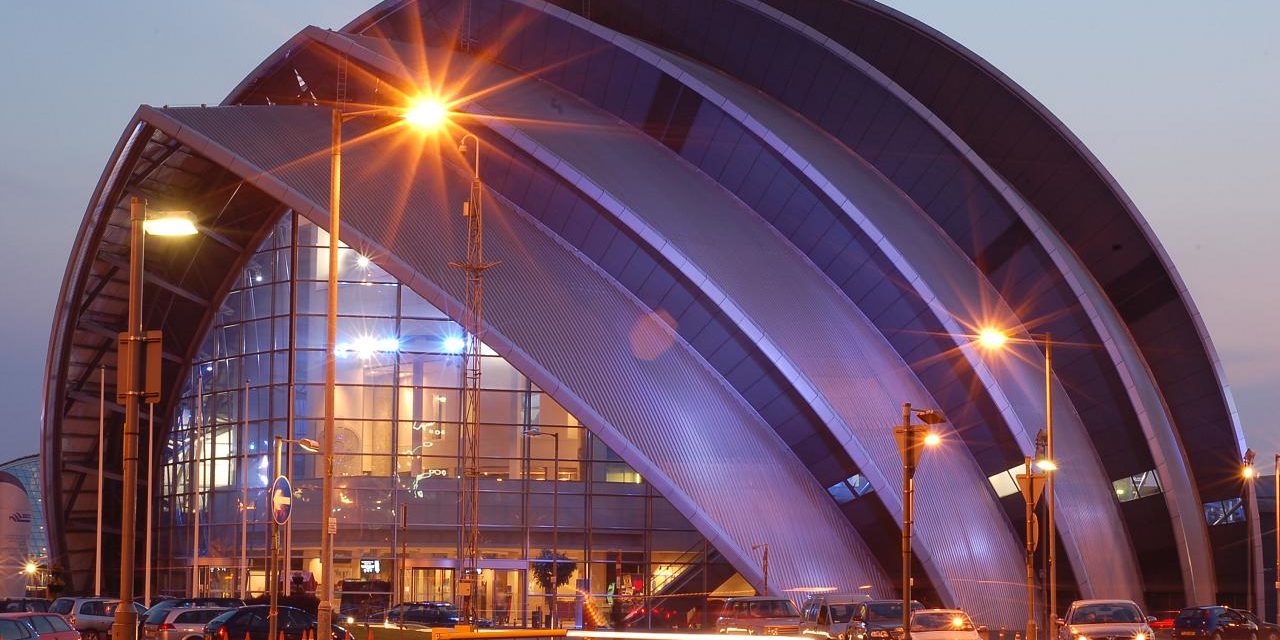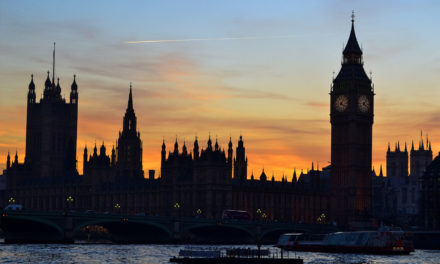It has been announced by the UK government that Glasgow in Scotland will hold next year’s UN climate talks. The official decision will be made before the end of this year’s climate talks in December in Chile.
The crucial climate summit, which is known as COP 26 is the favourite to hold the conference after Britain did a deal with Italy, the UK’s main rival to hold the event. Under the proposal agreed with the Italians, the UK would hold the main event, while Italy would host a youth event and a preparatory meeting, known as the pre-Cop.
Ankara in Turkey had also expressed an interest in hosting the conference, but it is widely understood not to be a serious rival.
A total of 30,000 delegates are expected to attend, including 200 world leaders, making it the largest summit the UK has ever held.
COP 26 is considered to be the most important climate conference since the 2015 Paris summit and will present the first major opportunity since then to ramp up global ambitions to cut emissions.
Countries pledged at the 2015 Paris Agreement to limit warming to well below 2C. However, actions have not met promises, the US has pulled out of the agreement completely and the world is on course to reach warming of 3C by the end of the century. Warming of 3C is widely understood by scientists as sufficient to cause catastrophic climate change.
Glas Go for It!
If Glasgow gets the green light to host the event, it will be held over two weeks at the Scottish Event Campus (SEC) on the Clyde.
In July, Claire Perry, the UK’s former clean growth minister, was appointed the provisional president of the talks, indicating that the UK is confident it will definitely be selected to hold the talks.
“As one of the UK’s most sustainable cities, with a record for hosting high profile international events, Glasgow is the right choice to showcase the UK’s commitment to the environment,” Perry told UK media.
Glasgow came third behind Edinburgh and Aberdeen in a study earlier this year, by First Mile, a recycling and waste services company, which ranked the UK’s most environmentally friendly cities. Glasgow was found to recycle more than any other UK city.
Scotland, which controls most of its domestic policies from its devolved parliament in Edinburgh, has an even more ambitious climate target than the rest of the UK. Scotland has legislated to reach so-called net-zero, or neutral carbon emissions by 2045, 5 years earlier than the rest of the UK.
The UK as a whole has legislated to achieve net-zero by 2050, which is still one of the most ambitious targets in the world and has cut greenhouse gas emissions by more than 40% since 1990.
Scottish Independence
The summit will take place against a backdrop of tense relations between Westminster and Scotland, amid seemingly irreconcilable differences over Brexit and Britain’s future in the EU. In the 2016 EU referendum, which was UK wide and in which every citizen had an equal vote, the UK overall voted to leave the EU, whereas Scotland voted heavily to remain.
The organisers of COP 26 are pushing the fact that it will be a summit that takes place across the four nations of the UK, but the Scottish National Party are already using it to highlight differences between Scotland, the rest of the UK and the EU.
Tackling the climate crisis is “one of the strongest areas of progress driven by the EU and indeed is an example of why there should be more European collaboration (in which Scotland seeks to continue its progressive role) rather than the isolationism we face under the UK and Brexit,” Paul Wheelhouse, the energy minister in the Scottish government and a member of the Scottish National Party, told UK media.
Glasgow was one of the birthplaces of the industrial revolution and used to be the centre of world shipping building. Some military shipbuilding and manufacturing remains in the city, but many jobs have been lost particularly since the 1960s.
Main photo shows the SEC on the River Clyde in Glasgow
- Why is California So at Risk from Wildfires? - 13th November 2019
- Carbon Offsetting is Growing but Does it Make a Difference? - 11th November 2019
- Three Confirmed Dead as Australia Prepares for “Catastrophic” Bushfires - 11th November 2019






